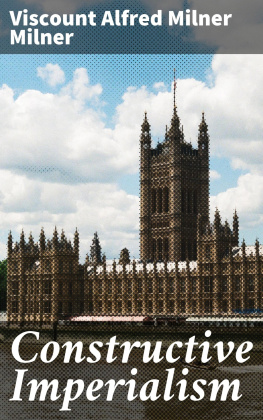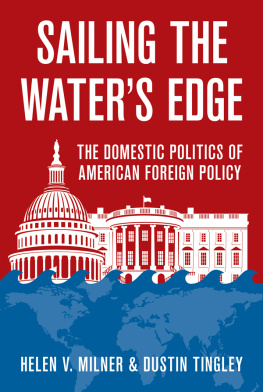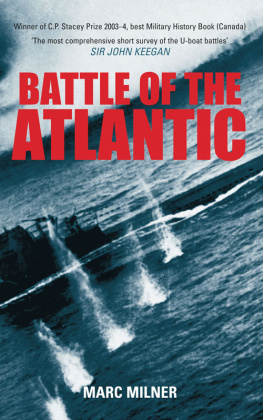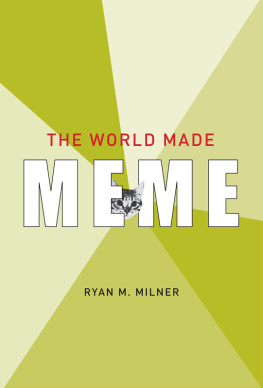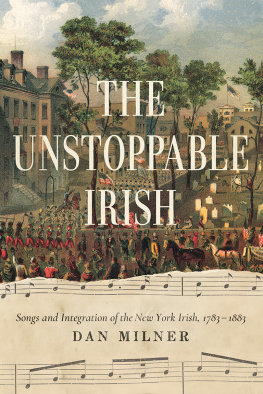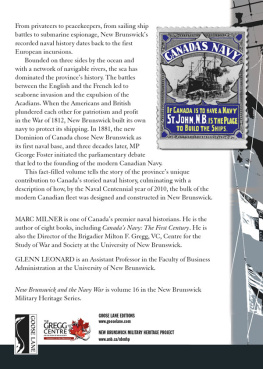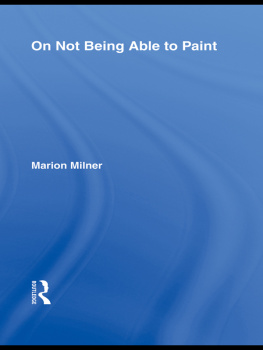Tunbridge Wells, October 24, 1907
As this is a Tariff Reform meeting pure and simple, I am anxious not to approach the subject in any party spirit or in any spirit of acrimonious controversy. The question is a difficult and complicated one, and though I am a strong Tariff Reformer myself I hope I am not incapable of seeing both sides of the case. I certainly should have reason to be ashamed if I could not be fair to those whom, for the sake of brevity and convenience, I will call Free Traders, though I do not altogether admit the correctness of that designation. My views were once the same as theirs, and though I long ago felt constrained to modify them, and had become a Tariff Reformer some years before the subject attained its present prominence in public discussion, it would ill become me to treat as foolish arguments which I once found so convincing or to vilify opinions which I once honestly shared.
What has happened to me is what I expect has happened to a good many people. I still admire the great Free Trade writers, the force of their intellect, the lucidity of their arguments. There can be no clearer proof of the spell which they exercised over the minds of their countrymen than the fact that so many leading public men on both sides of politics remain their disciples to this very day. But for my own part I have been unable to resist the evidence of facts which shows me clearly that in the actual world of trade and industry things do not work out even approximately as they ought to work out if the Free Trade theory were the counsel of perfection which I once thought it. And that has led me to question the theory itself, and so questioned it now seems to me far from a correct statement of the truth, even from the point of view of abstract inquiry. But I am not here to engage in abstract arguments. What I want to do is to look at the question from a strictly practical point of view, but at the same time a very broad one. I am anxious to bring home to you the place of Tariff Reform in a sound national policy, for, indeed, it seems to me very difficult to construct such a policy without a complete revision of our fiscal arrangements. Now a sound national policy has two aspects. There are two great objects of practical patriotism, two heads under which you may sum it up, much as the Church Catechism sums up practical religion, under the heads of "duty to God" and "duty to your neighbour." These objects are the strength of the Empire, and the health, the well-being, the contentedness of the mass of the people, resting as they always must on steady, properly organised, and fairly remunerated labour. Remember always, these two things are one; they are inseparable. There can be no adequate prosperity for the forty or fifty million people in these islands without the Empire and all that it provides; there can be no enduring Empire without a healthy, thriving, manly people at the centre. Stunted, overcrowded town populations, irregular employment, sweated industries, these things are as detestable to true Imperialism as they are to philanthropy, and they are detestable to the Tariff Reformer. His aim is to improve the condition of the people at home, and to improve it concurrently with strengthening the foundations of the Empire. Mind you, I do not say that Tariff Reform alone is going to do all this. I make no such preposterous claim for it. What I do say is that it fits in better alike with a policy of social reform at home and with a policy directed to the consolidation of the Empire than our existing fiscal system does.
Now, what is the essential difference between Tariff Reformers and the advocates of the present system? I must dwell on this even at the risk of appearing tiresome, because there is so much misunderstanding on the subject. In the eyes of the advocates of the present system, the statesman, or at any rate the British statesman, when he approaches fiscal policy, is confronted with the choice of Hercules. He is placed, like the rider in the old legend, between the black and the white horseman. On the one hand is an angel of light called Free Trade; on the other a limb of Satan called Protection. The one is entirely and always right; the other is entirely and always wrong. All fiscal wisdom is summed up in clinging desperately to the one and eschewing like sin anything that has the slightest flavour of the other. Now, that view has certainly the merit of simplicity, and simplicity is a very great thing; but, if we look at history, it does not seem quite to bear out this simple view. This country became one of the greatest and wealthiest in the world under a system of rigid Protection. It has enjoyed great, though by no means unbroken, prosperity under Free Trade. Side by side with that system of ours other countries have prospered even more under quite different systems. These facts alone are sufficient to justify the critical spirit, which is the spirit of the Tariff Reformer. He does not believe in any absolute right or wrong in such a matter as the imposition of duties upon imports. Such duties cannot, he thinks, be judged by one single test, namely, whether they do or do not favour the home producer, and be condemned out of hand if they do favour him.
The Tariff Reformer rejects this single cast-iron principle. He refuses to bow down before it, regardless of changing circumstances, regardless of the policy of other countries and of that of the other Dominions of the Crown. He wants a free hand in dealing with imports, the power to adapt the fiscal policy of this country to the varying conditions of trade and to the situation created at any given time by the fiscal action of others. He has no superstitious objection to using duties either to increase employment at home or to secure markets abroad. But on the other hand he does not go blindly for duties upon foreign imports as so-called Free Traders go blindly against them, except in the case of articles not produced in this country, some of which the Free Traders are obliged to tax preposterously. Tariff Reform is not one-ideaed, rigid, inelastic, as our existing system is. Many people are afraid of it, because they think Tariff Reformers want to put duties on foreign goods for the fun of the thing, merely for the sake of making them dearer. Certainly Tariff Reformers do not think that cheapness is everything. Certainly they hold that the blind worship of immediate cheapness may cost the nation dear in the long run. But, unless cheapness is due to some mischievous cause, they are just as anxious that we should buy cheaply as the most ardent Cobdenite, and especially that we should buy cheaply what we cannot produce ourselves. Talking of cheapness, however, I must make a confession which I hope will not be misunderstood by ladies present who are fond of shoppingI wish we could get out of the way of discussing national economics so much from the shopping point of view. Surely what matters, from the point of view of the general well-being, is the productive capacity of the people, and the actual amount of their production of articles of necessity, use, or beauty. Everything we consume might be cheaper, and yet if the total amount of things which were ours to consume was less we should be not richer but poorer. It is, I think, one of the first duties of Tariff Reformers to keep people's eyes fixed upon this vital pointthe amount of our national production. It is that which constitutes the real income of the nation, on which wages and profits alike depend.

